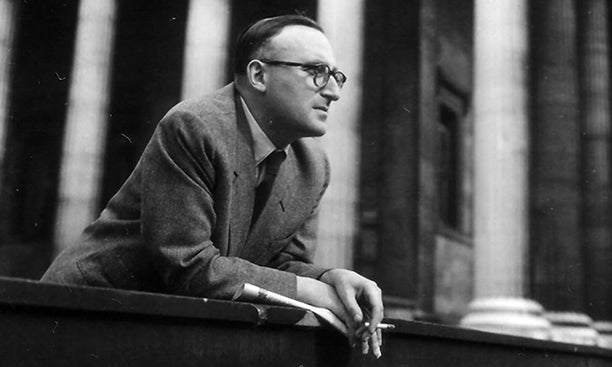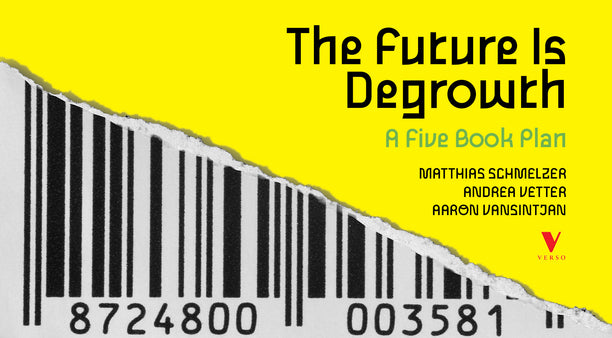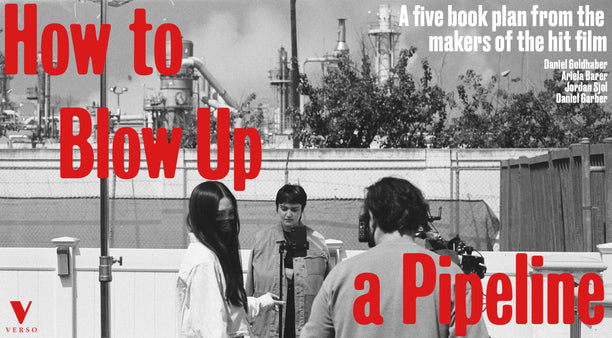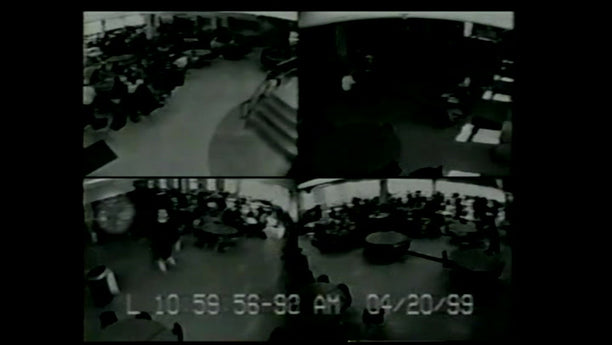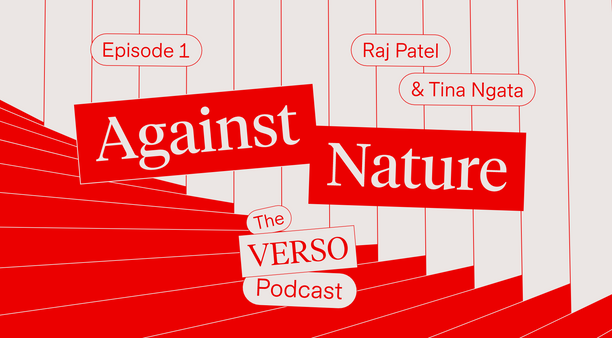
Watch: Brett Christophers on Our Lives in Their Portfolios
We sat down with Brett Christophers to discuss what happens when the basic infrastructure of our everyday lives (housing, roads, schools, water networks, etc.) become assets in the portfolios of asset management firms.
